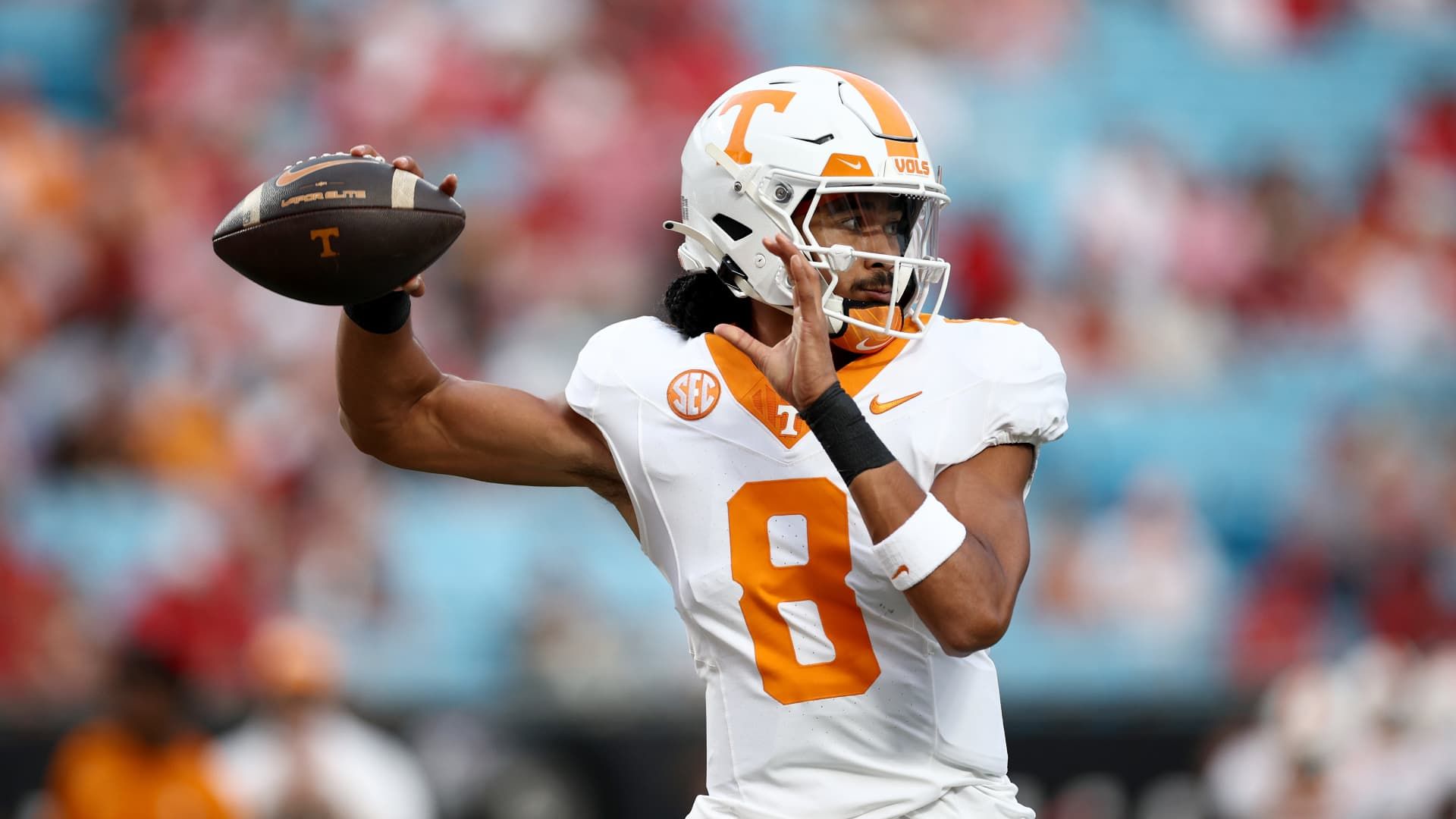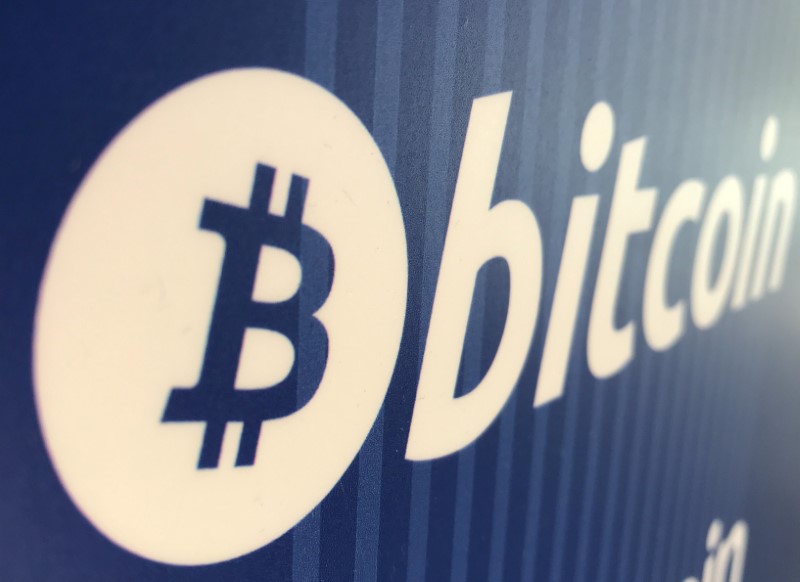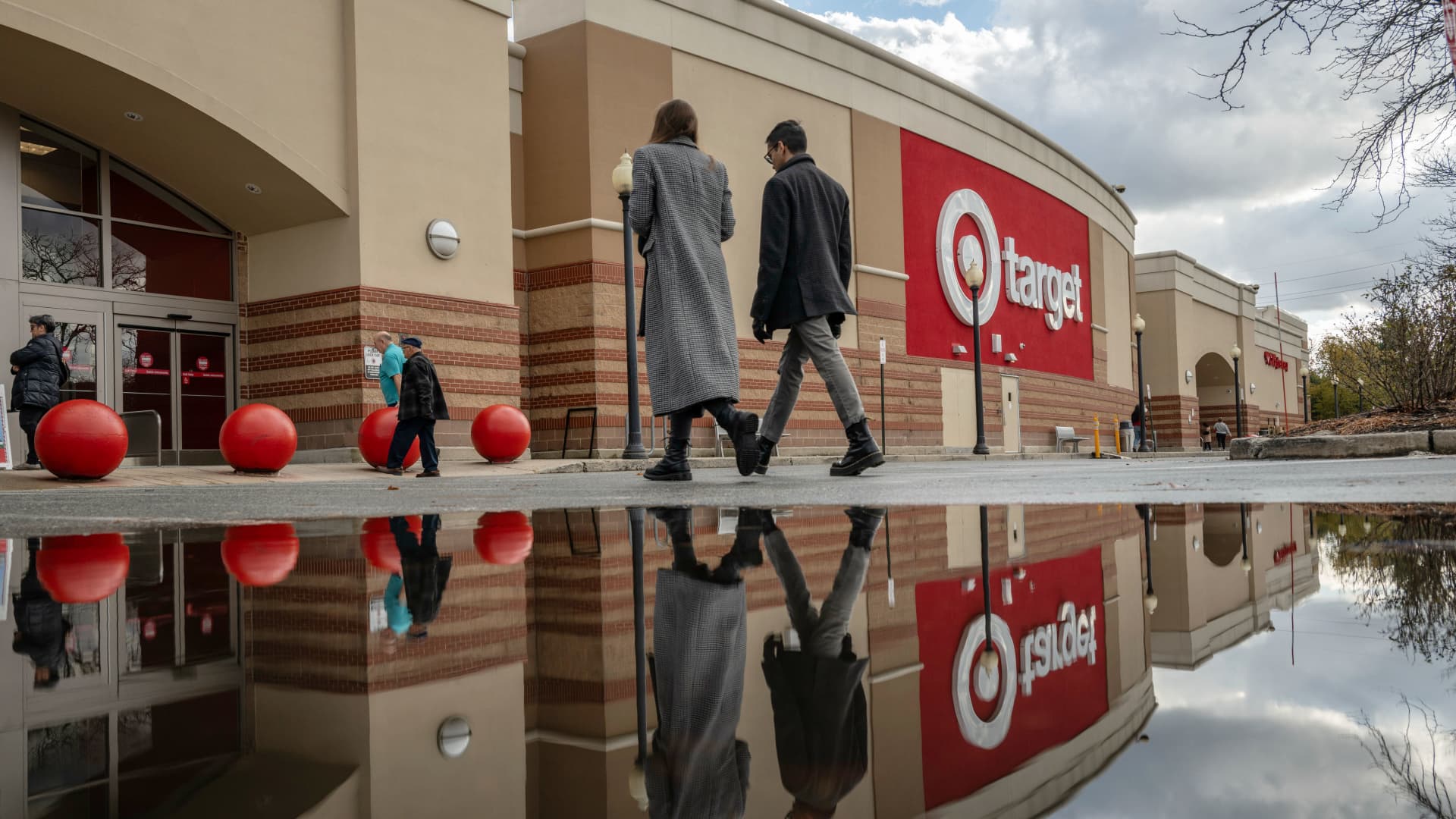Nico Iamaleava, #8 of the Tennessee Volunteers, warms up before Duke's Mayo Classic against NC State Wolfpack at Bank of America Stadium in Charlotte, North Carolina on September 7, 2024.
Jared C. Tilton | Getty Images
The University of Tennessee is raising its season ticket prices by 10% across all of its sports to prepare for athletes to begin receiving a share of the school's athletic revenue, according to an email sent to football season ticket holders on Tuesday.
Tennessee calls its increase a “talent fee” and said it “will help fund the proposed revenue share for our student-athletes,” according to the email.
Athletic departments have been preparing to share revenue following a proposed settlement involving three cases in which the NCAA is named. A judge must still approve the deal and raised concerns this month about some of the terms, but Tennessee believes it could take effect as early as July 1, according to the email.
The proposed deal would provide $2.78 billion in retroactive payments to student athletes and allow schools to pay players up to 22% of the average athletic revenue of the top five schools in a given year going forward, according to the NCAA statement. It would also remove the cap on scholarships.
“As the college model changes, we have to remain flexible,” Tennessee athletic director Danny White said in a video included in the email. “We have to continue to lead the way. That connection between resources and competitiveness has never been closer, only now we have the ability to share those resources with our student-athletes.”
The changes will take effect starting with the 2025 football season and will also include a 4.5% increase in ticket prices for individual games.
Tennessee already has one of the largest athletic departments in the country, ranking eighth in terms of total operating revenue in the 2022-23 season in Sportico's database of public university athletic departments.
Since 2021, college athletes have been allowed to profit from their name, image and likeness, which has drastically changed college sports. Star athletes have been able to sign large endorsement deals, but universities have not begun sharing revenue directly, which would benefit more student athletes.










